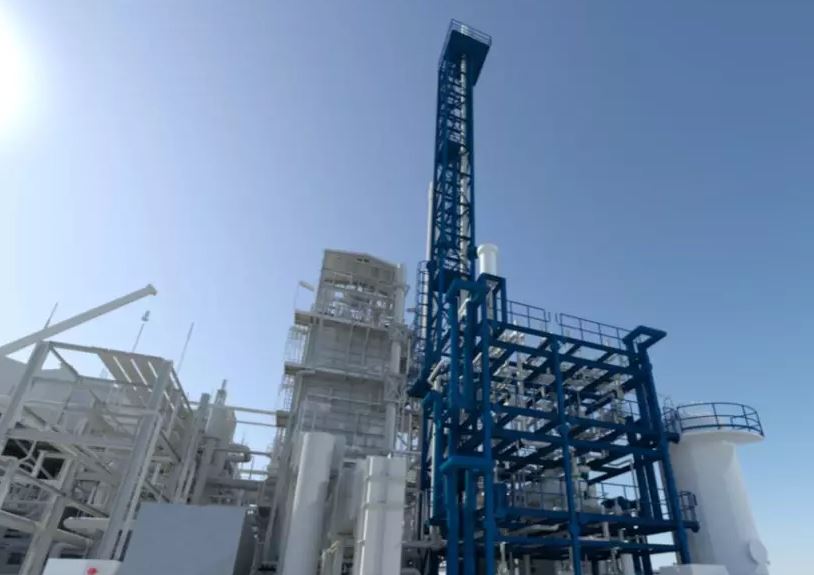Belgium – In the Port of Antwerp, Belgium, Air Liquide plans the development of an industrial scale ammonia (NH3) cracking pilot plant.
The cutting-edge pilot plant, which combines a fresh, effective method with Air Liquide’s exclusive technologies, is scheduled to go into operation in 2024. The initiative will get funding, as confirmed by the Flemish Government through the VLAIO (Flemish Agency for Innovation and Enterprise).
Hydrogen can be transported over long distances with ease when converted to ammonia. This facility will use cutting-edge technology to convert ammonia into hydrogen with a reduced carbon footprint (H2). Air Liquide will contribute to the advancement of hydrogen as a significant enabler of the energy transition with this cracking technology.
Ammonia
Ammonia is hydrogen-nitrogen energy carrier. Hydrogen can be produced from renewable energy sources like the sun, water, and wind and other low-carbon power in locations with abundance of them.
Its manufacturing, transit, and widespread use across industries are supported by a global supply chain. This allows regions with lots of renewable energy to export ammonia to consumers worldwide, where it may be converted back into hydrogen to decarbonize industry and transportation.





